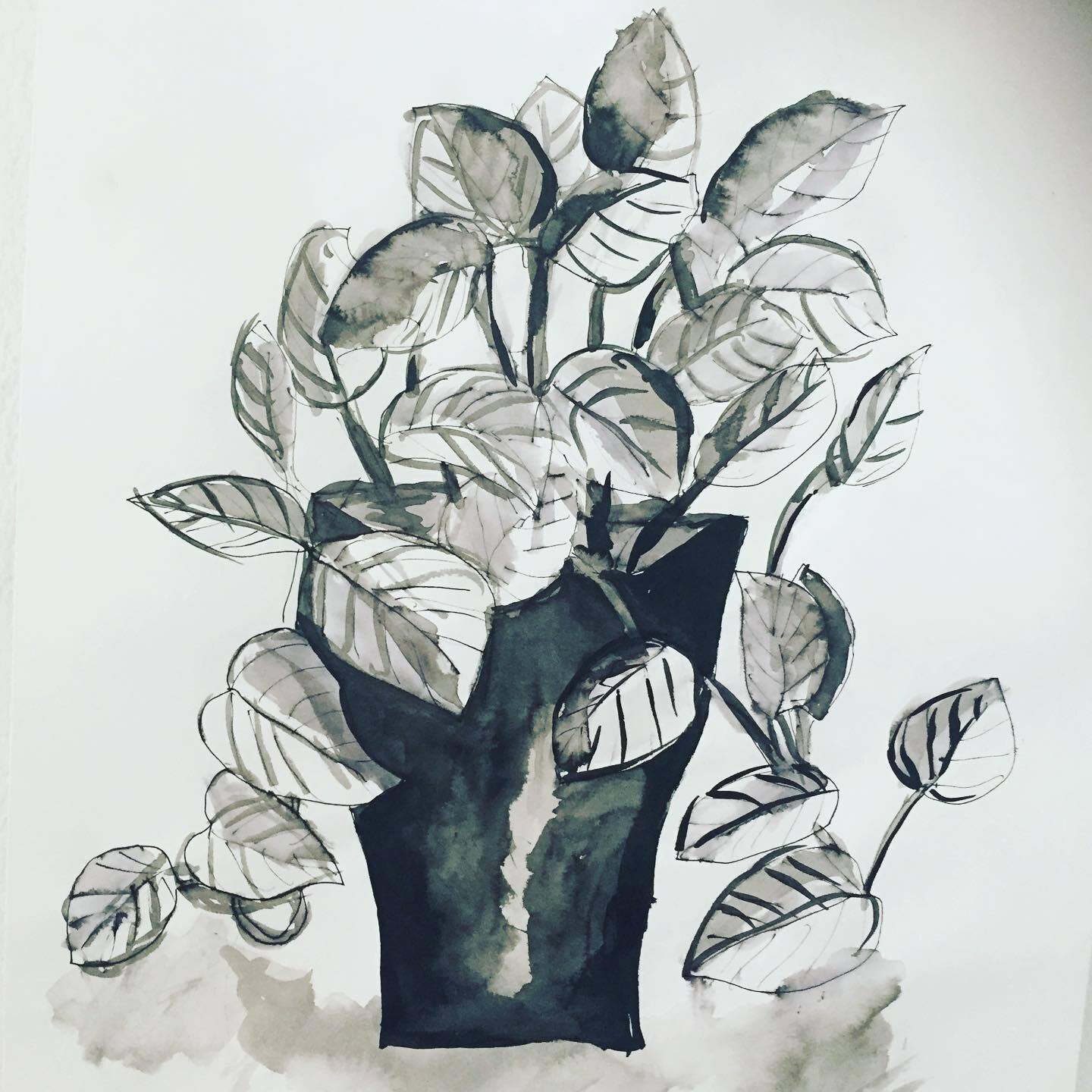Why Schmoss is better than Loss
/Shelly Kagan in his lectures and writing on Death reframes a traditional puzzle about death in an original way. The original puzzle is by Roman philosopher Lucretius and goes like this: if you are bothered about Death being the absolute end for you, if you are bothered by the fact that you will not exist, then why are you not bothered by the period of non-existence that came before you were born? Lucretius thought there was no reason to be worried about neither period, before or after we die it is the same, therefore if one does not bother us neither should the other.
Many philosophers disagree with this, they want to say there is some relevant difference between the period before you are born and the one after you die. I won’t go into all the attempts of making sense of this, but I will jump straight to Shelly Kagan’s discussion. Kagan says that one of the reasons we care about what happens after we die is that when we die we lose something, and loss is a bad thing. But then he adds another concept, one for which the English language does not have a word for, the idea that there is something good coming, but we don’t have it yet, he calls it schmoss. The question is then reframed this way: why do humans care more about loss than they do about schmoss.
This is a great question, indeed we seem to care more about losing something we have than never having it in the first place. This is not particular to this question of the period before we were born, or after we die. If I never had some sort of special sports car, I don’t really care that much about it, but if I have it and then someone steals it, or it gets in an accident and is totaled, then I do care. We prefer to never have something, than to have it and then lose it.
This actually reminds me of the Buddhist second noble truth, the idea that suffering comes from attachment, or craving, “tanha.” Buddhists recognize that desire and attachment cause unhappiness, if you want something and you don’t have it, you are unhappy, if you have it you are unhappy for fear of losing it, therefore, they conclude, we should not be attached to those things we don’t have or can lose, even though we can enjoy things when they are present. In the Buddhist view, schmoss and loss are both bad feelings we should avoid if we want to be happy.. This doesn’t necessarily explain why schmoss is better that loss.
But is the answer to this question that complicated? We prefer to never have something than to have it and then lose it. We also fear more what’s to come if it is unknown and we do not fear possible good things coming our way. Schmoss when defined as a good thing coming our way, is a positive thing, and the fact it is not hear yet is slightly frustrating, but nothing to be afraid of. Loss when defined as losing a good thing, is something we indeed fear. For these reasons we prefer schmoss to loss.
The final thought would be, should we prefer schmoss to loss? Should we follow the Buddhists and be unattached to either? I am not sure, what do you think?

